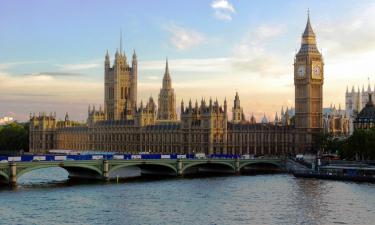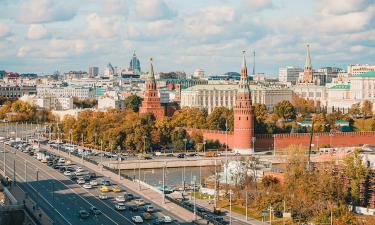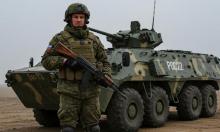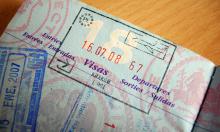Condoleezza Rice, Robert Zoellick likely to meet with European anger over secret prison reports
U.S. Secretary of State Condoleezza Rice and her top deputy, Robert Zoellick, are making separate trips to Europe next week at a time of turmoil among European allies about reports of secret U.S. prisons in at least two eastern European countries.
Both Rice and Zoellick, the undersecretary of state, will meet with Germany's new chancellor, Angela Merkel. Merkel's foreign minister, Frank-Walter Steinmeier, will be in Washington on Tuesday and is expected to raise the secret jails question. Rice will travel to Germany, Romania, Ukraine and Belgium from Dec. 5 to Dec. 9. Zoellick will be in Germany on Wednesday and Thursday.
In Germany and elsewhere, State Department spokesman Sean McCormack said Monday, Rice's agenda will feature "the U.S.-European relationship in general. Items on the agenda will also include how to work together to stop the spread of weapons of mass destruction, work together in our common fight against terrorism."
That most likely will include the secret prisons reported Nov. 2 in The Washington Post, which said the Central Intelligence Agency hid and interrogated al-Qaida suspects at Soviet-era compounds in eastern Europe.
The European reaction has been vigorous. Franco Frattini, justice and home affairs commissioner of the European Union, has said any member country that hosted one of the jails can be punished by suspension of voting rights. Half a dozen countries of the EU are looking into reports that planes carrying prisoners to the jails used their airports. Frattini said the Council of Europe, the continent's main human rights advocate, also is investigating.
Steinmeier, the German foreign minister, said he discussed the affair Monday at the United Nations in New York with U.N. Secretary-General Kofi Annan. He would not comment on media speculation that prisoners were tortured in the secret prisons.
Frattini complained Monday that the United States had not responded to questions about the reports. EU justice official Jonathan Faul formally raised the issue last week with representatives of the White House and State Department, Frattini said. "They told him, `Give us the appropriate time to evaluate the situation.' Right now, there is no response," Frattini said.
State Department spokesman McCormack said, "We're going to do our best to answer these questions in as complete and forthright a manner as we possibly can. And if the topic does come up in any of the secretary's meetings, whether it's here in the United States or in Europe, she will be prepared to discuss these issues."
In general, he said, Rice's trip "will highlight the enduring importance of trans-Atlantic relations and our efforts to partner with Europe to address common challenges around the globe." In Germany, he said, she will meet with Merkel and members of her coalition government "to discuss ways to build our long-standing friendship."
U.S.-German relations had been strained during the government of Merkel's predecessor, Gerhard Schroeder, who opposed the Iraq war. Merkel has promised closer ties with Washington. Steinmeier, however, is a member of Schroeder's party and played a major role in formulating his administration's foreign policy.
McCormack said Rice will discuss a broad range of issues with Romania, underscore support for political and economic reform in Ukraine and participate in a NATO ministerial meeting in Brussels, Belgium. In addition to meeting with top German officials, Zoellick will participate in a round-table discussion with German opinion leaders, the AP reported.
Zoellick will listen to "their views on Germany's evolving role in Europe and the world, as well as their ideas and plans to promote economic growth and prosperity" and their promotion of free trade in World Trade Organization talks.
A.M.
Subscribe to Pravda.Ru Telegram channel, Facebook, RSS!





